Get Air Quality Testing Services in Dallas, TX
Air Quality Testing Services help Dallas property owners identify indoor pollutants, mold, or airborne hazards in residential and commercial spaces.
Ensuring healthy indoor air quality is an important consideration for property owners in Dallas, TX, especially for those planning renovations, managing indoor environments, or seeking to maintain a safe and comfortable space. Air quality testing services provide valuable insights into potential pollutants, allergens, or other airborne concerns that may impact residents or building occupants. Exploring options for professional testing can help property owners make informed decisions about improving the environment within their homes or commercial spaces.
Property owners interested in assessing their indoor air conditions can find a range of local contractors equipped to handle air quality testing services. Comparing these local providers allows for selecting experienced professionals suited to specific needs and project goals. Continuing to explore the available options can help ensure the right solutions are in place for maintaining a healthy indoor environment in Dallas, TX.
- Indoor Air Quality Testing - needed when residents notice persistent odors or unexplained allergy symptoms in homes or apartments.
- Commercial Air Quality Assessments - essential for businesses in office buildings or retail spaces to ensure a healthy environment for employees and customers.
- Mold and Radon Testing - recommended when there are signs of moisture issues or after water damage in neighborhoods like Oak Lawn or Highland Park.
- Environmental Monitoring for Construction Sites - required during renovation projects in Dallas neighborhoods to prevent airborne pollutants from affecting nearby residents.
- Real Estate Property Testing - useful before buying or selling a property to identify potential air quality concerns in residential or commercial spaces.

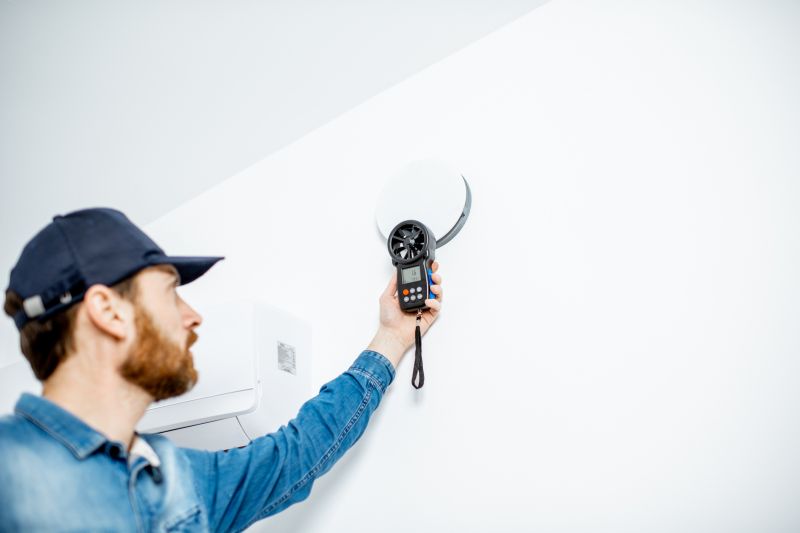
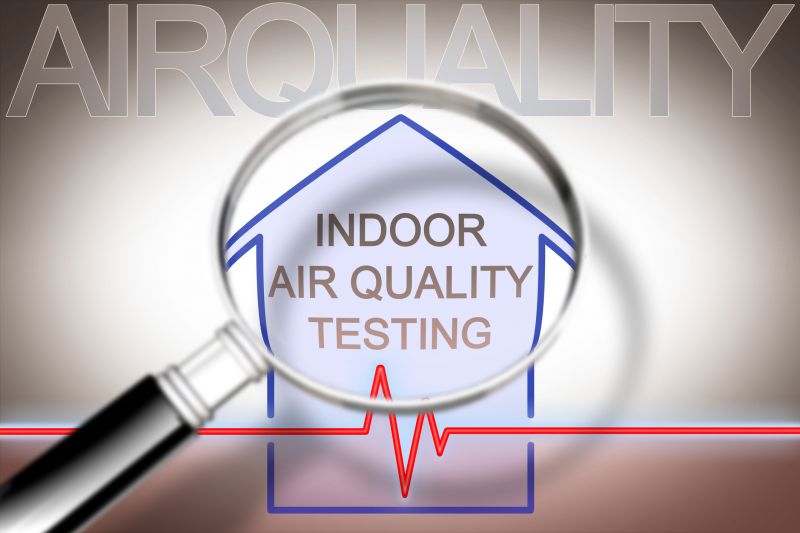
Air quality testing services involve the use of specialized equipment to measure the levels of various pollutants and airborne particles inside a property. These tests can identify the presence of common indoor contaminants such as dust, mold spores, volatile organic compounds (VOCs), allergens, and other airborne irritants. By assessing the air quality, service providers can determine if pollutant levels are within safe ranges or if they pose potential health concerns. This process typically includes collecting air samples and analyzing them in a laboratory or using advanced on-site testing devices to provide accurate, actionable results.
These services are especially helpful for addressing problems like persistent allergies, unexplained respiratory issues, or noticeable odors that do not seem to go away with regular cleaning. Poor indoor air quality can be caused by mold growth, inadequate ventilation, tobacco smoke, household chemicals, or recent renovations. Identifying the root cause of these issues through testing allows homeowners to take targeted steps to improve their indoor environment. In many cases, air quality testing can also reveal hidden mold growth behind walls or under floors, which might otherwise go unnoticed but can significantly impact health.
Properties that commonly use air quality testing include residential homes, especially those that have experienced water damage or mold concerns, as well as commercial spaces like offices, clinics, and daycare centers. Older homes with outdated ventilation systems or recent remodeling projects often benefit from testing to ensure the air remains safe and healthy. Additionally, properties that are used by individuals with respiratory sensitivities or allergies may find testing useful for creating a more comfortable living or working environment. Service providers can tailor recommendations based on the specific needs of each property, helping to create a healthier indoor atmosphere.
Homeowners who notice symptoms such as frequent headaches, respiratory irritation, or unexplained odors may want to consider air quality testing as a proactive step. It can also be valuable after water damage, fire restoration, or renovation projects to confirm that indoor air is free from harmful pollutants. By working with experienced local contractors, property owners can gain a clear understanding of their indoor air conditions and identify effective solutions to improve overall air quality. This service provides peace of mind and a healthier environment for everyone inside the property.
The overview below groups typical Air Quality Testing Services projects into broad ranges so you can see how smaller, mid-sized, and larger jobs often compare in Dallas, TX.
In many markets, a large share of routine jobs stays in the lower and middle ranges, while only a smaller percentage of projects moves into the highest bands when the work is more complex or site conditions are harder than average.
Basic Testing - typical costs for standard air quality tests in Dallas range from $250 to $600 for many smaller jobs. Most routine assessments fall within this middle range, covering common indoor air concerns. Larger or more complex projects can sometimes exceed this range.
Comprehensive Assessments - more detailed testing, including multiple sample sites or specialized analysis, generally costs between $600 and $1,200. These services are often chosen for thorough evaluations of indoor air quality in residential or commercial spaces.
Mold and Contaminant Testing - testing for mold, VOCs, or other specific pollutants typically costs from $300 to $800. Many projects fall within this range, with more extensive investigations reaching higher prices depending on size and scope.
Full System Evaluation - larger-scale testing for entire HVAC systems or building-wide assessments can range from $1,000 to $5,000 or more. These projects are less common and usually involve complex analysis to identify multiple sources of air quality issues.
Actual totals will depend on details like access to the work area, the scope of the project, and the materials selected, so use these as general starting points rather than exact figures.
Indoor Air Quality Assessments - local contractors perform comprehensive evaluations to identify pollutants and contaminants affecting indoor environments, similar to air quality testing services.
HVAC System Inspections - technicians assess heating, ventilation, and air conditioning systems to ensure proper airflow and filtration, supporting air quality improvement efforts.
Ventilation System Installations - service providers install or upgrade ventilation systems to promote better air circulation, aligning with air quality testing and enhancement projects.
Mold Inspection and Testing - professionals detect and analyze mold presence, which often involves air sampling techniques related to air quality testing services.
Radon Testing Services - local pros measure radon levels in residential or commercial spaces, utilizing similar testing methods to those used in air quality assessments.
Air Purifier Installation - specialists recommend and set up air purification devices to improve indoor air quality, complementing testing and evaluation projects.
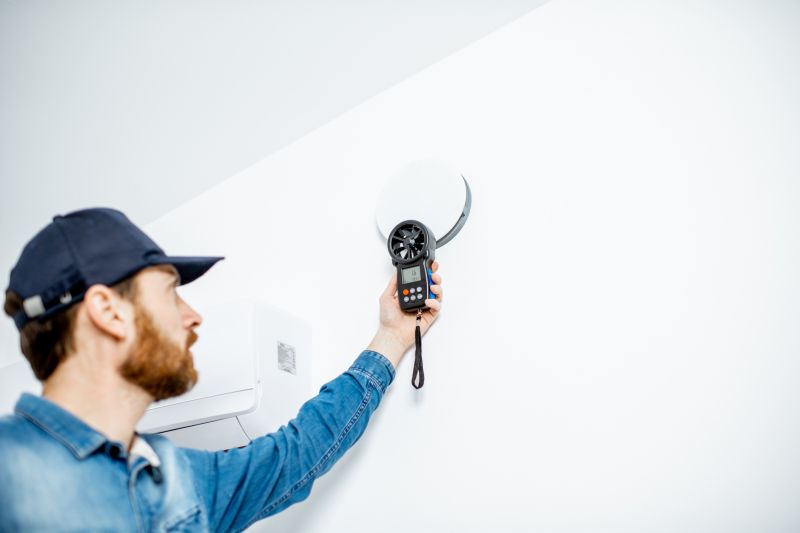
When evaluating service providers for air quality testing, it’s important to consider their experience with similar projects. Homeowners should look for local contractors who have a track record of handling air quality assessments in residential settings comparable to their own. An experienced provider will have a better understanding of common issues and effective testing methods, which can contribute to more accurate results and appropriate recommendations. Asking about the types of properties they have worked with and the scope of their previous projects can help gauge their familiarity with the specific challenges that might arise in a home environment.
Clear, written expectations are essential to ensure everyone is on the same page about the testing process and what the results will entail. Homeowners should seek service providers who can provide detailed descriptions of their testing procedures, what areas will be tested, and how the findings will be communicated. Having this information in writing helps prevent misunderstandings and ensures that the homeowner understands what to expect from the service. It’s also beneficial to inquire whether the provider offers guidance on next steps or recommendations based on the test results, as this can help inform any necessary follow-up actions.
Reputable references and good communication are key indicators of a reliable service provider. Homeowners are encouraged to ask local contractors for references from previous clients who had similar testing needs. Listening to feedback about the contractor’s professionalism, responsiveness, and clarity can help identify those who are likely to provide a smooth experience. Effective communication throughout the process-such as timely updates, clear explanations, and responsiveness to questions-can make the testing experience more straightforward and less stressful. Remember, this site introduces homeowners to qualified local options for air quality testing, but the actual work is performed by the service providers themselves.
Property owners in Dallas, TX use Air Quality Testing Services services for practical projects around their homes and businesses. This guide focuses on everyday jobs and straightforward project options.
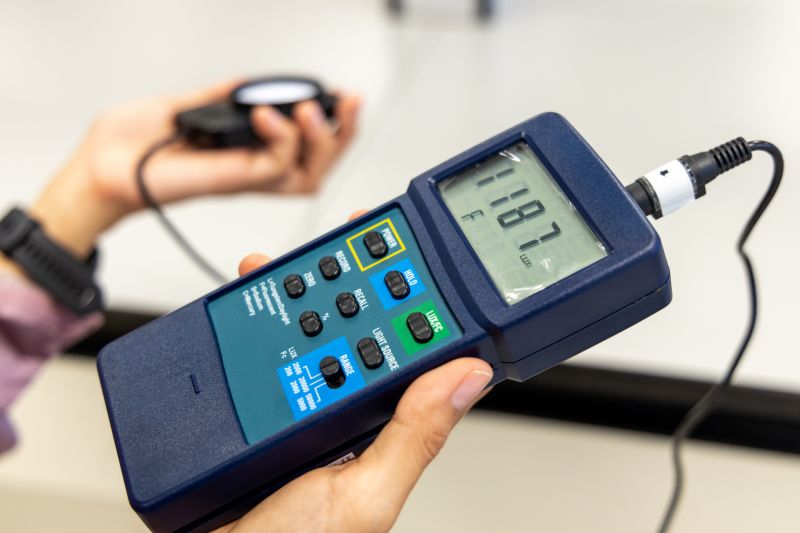
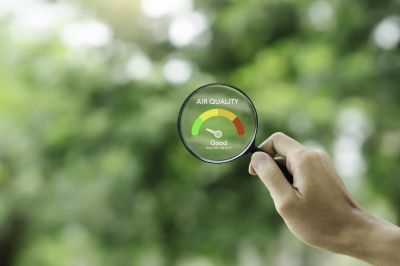
Air quality testing services are often needed when property owners in Dallas, TX notice persistent odors, mold growth, or dust accumulation indoors. These issues can affect comfort and health, prompting homeowners or business owners to seek professional testing to identify potential airborne contaminants or pollutants. Local contractors can provide the necessary assessments to determine whether air quality concerns are related to factors like ventilation problems, indoor allergens, or hidden sources of pollution within the property.
In other cases, property owners may pursue air quality testing during real estate transactions, renovations, or after water damage incidents. Ensuring the air inside a property is safe and healthy can be an important step before moving in, remodeling, or selling. Local service providers are equipped to handle these projects, offering insights into indoor air conditions and helping property owners make informed decisions about their spaces.
What is air quality testing? Air quality testing involves evaluating indoor or outdoor air to identify pollutants, allergens, and other airborne substances that may affect health and comfort.
Why should someone consider air quality testing? Conducting air quality testing can help identify sources of pollution or allergens, allowing for informed decisions to improve indoor air conditions.
How do local service providers perform air quality testing? Local contractors typically use specialized equipment to collect air samples and analyze pollutant levels within your space.
What types of pollutants can air quality testing detect? Testing can identify a range of contaminants including dust, mold spores, volatile organic compounds (VOCs), and other airborne particles.
Is air quality testing suitable for residential or commercial spaces? Yes, professional air quality testing services are available for both homes and businesses to assess indoor air conditions.
Identify indoor air quality issues - property owners can use testing services to detect common pollutants like mold, dust, or volatile organic compounds inside their homes or offices.
Ensure safe living and working environments - testing helps determine if air quality meets health standards, guiding property owners in making informed decisions about ventilation or remediation.
Prepare for property improvements or renovations - testing services can identify potential airborne hazards before starting remodeling projects to ensure the space is safe for occupants.
Monitor air quality over time - property owners can schedule regular testing to track changes in indoor air conditions and maintain a healthy environment.

If you are thinking about Air Quality Testing Services for a property in Dallas, TX, this guide is meant to help you understand the work, the typical project types, and how different options might fit your plans.
When you are ready, you can use the quote form on this page to share a few details about your project. From there, local pros can review the basics and respond with options that match what you have in mind.
